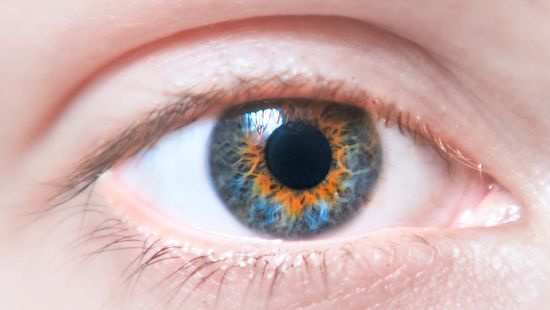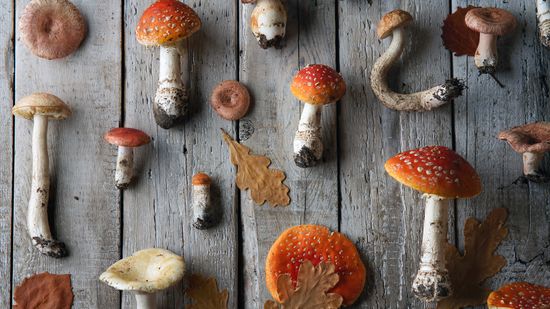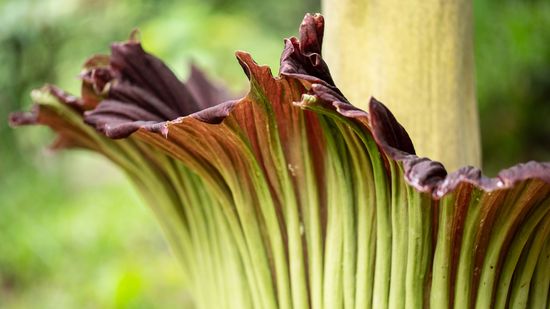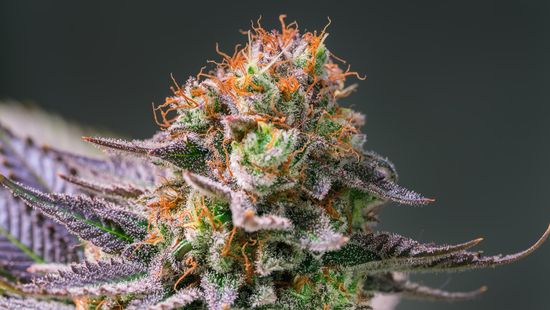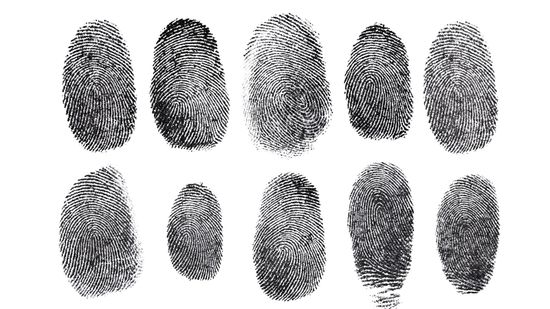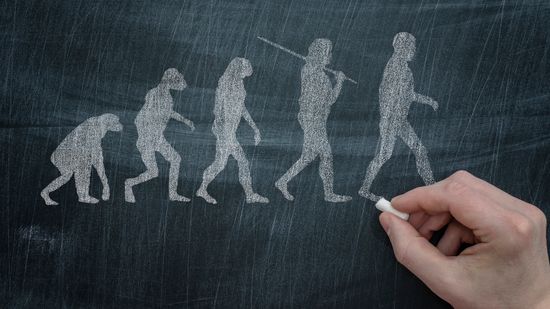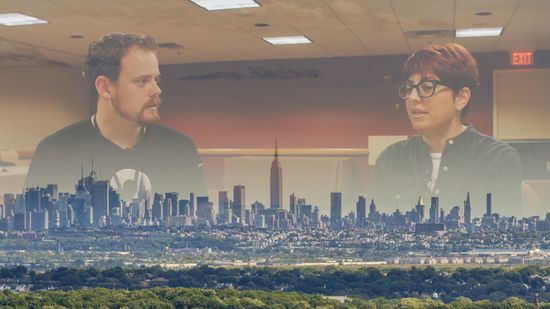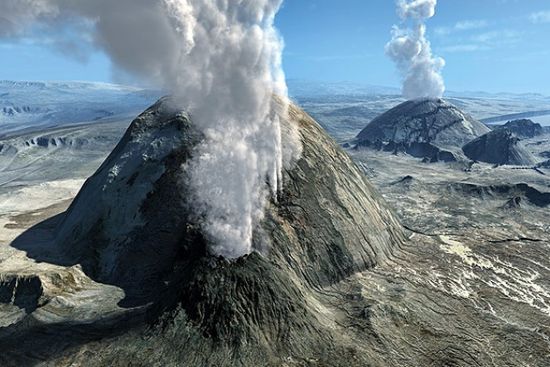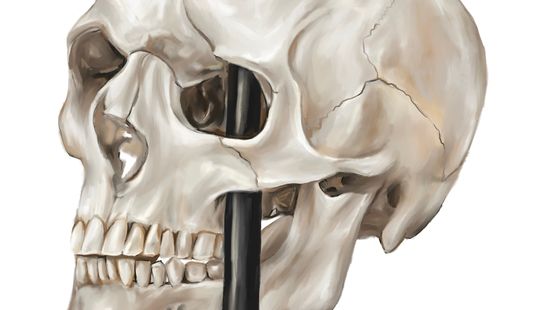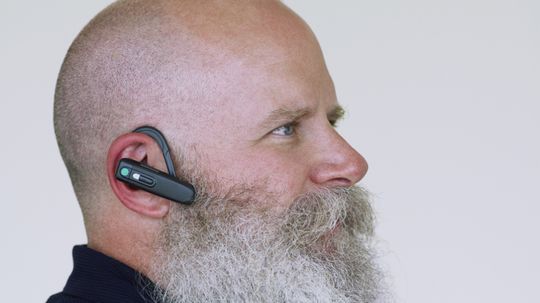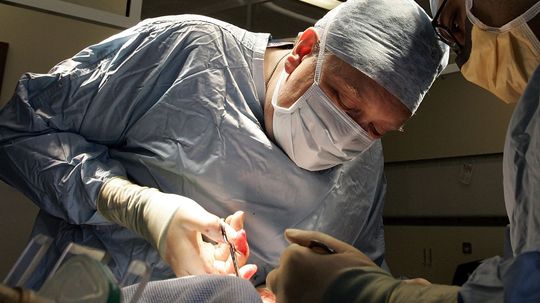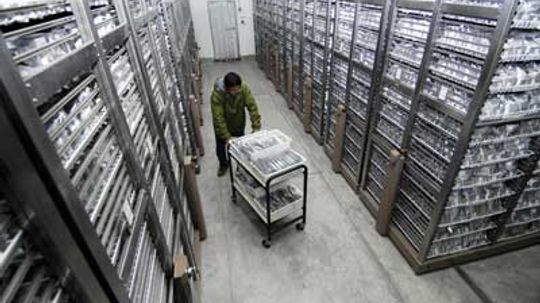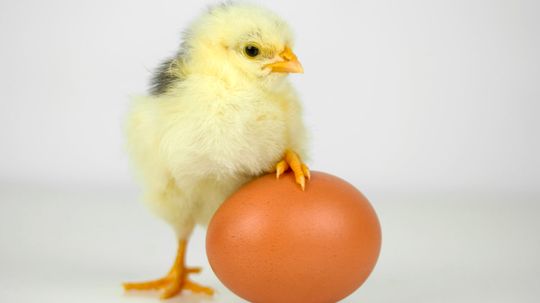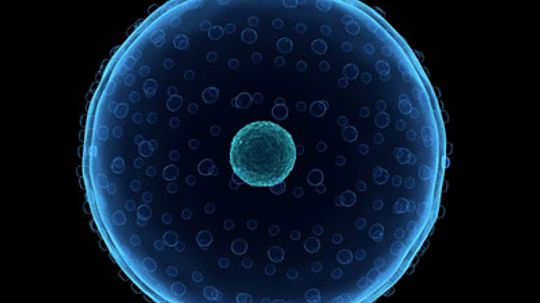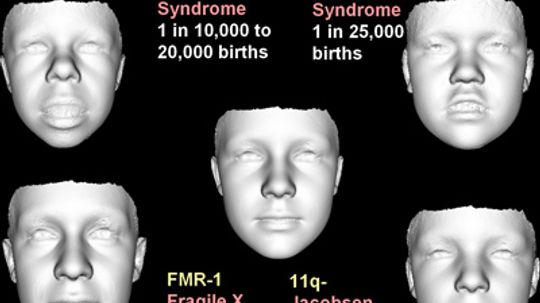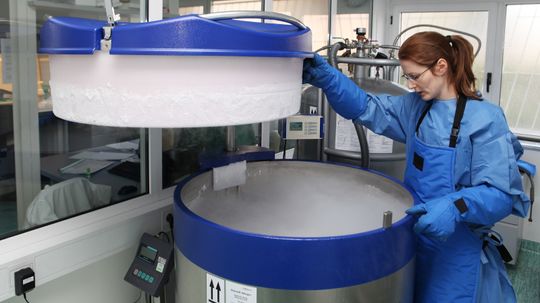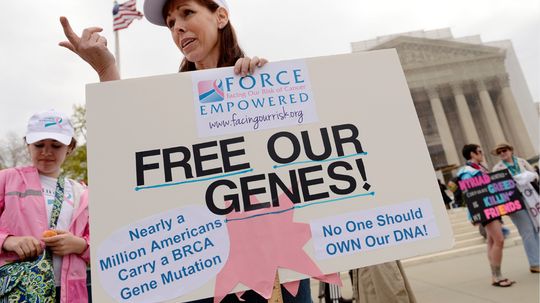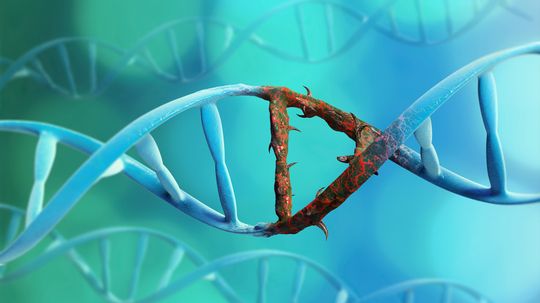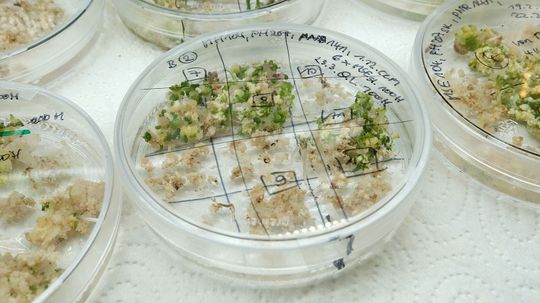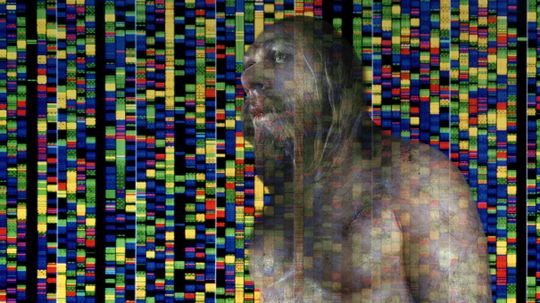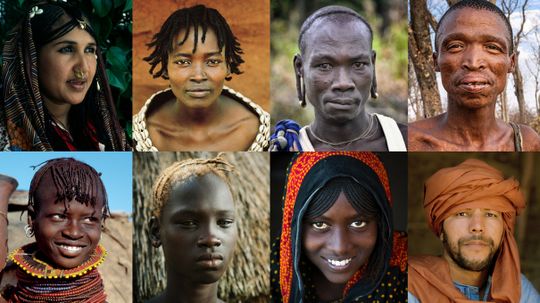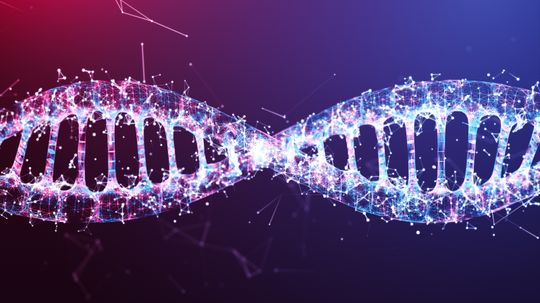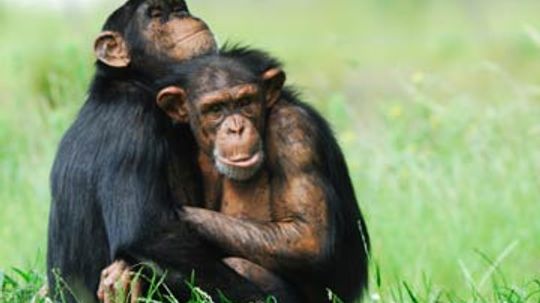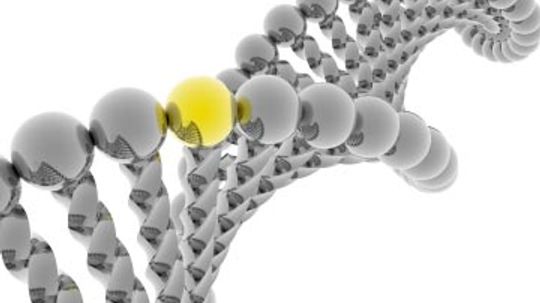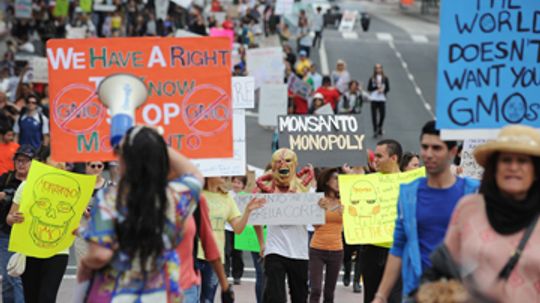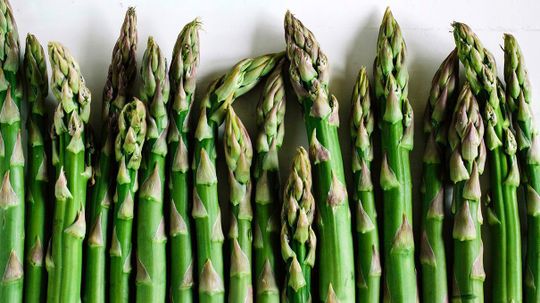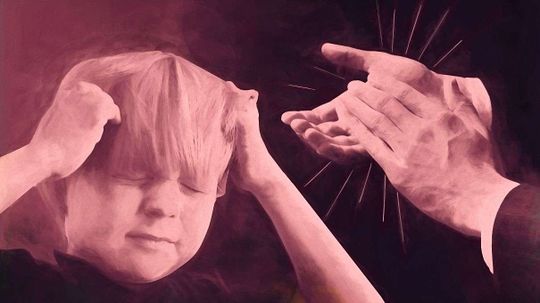Genetic Science
Genetics is the study of cellular science. It furthers our understanding of how DNA and the genetic make-up of species and can lead to cures for diseases and shape our future.
Learn More / Page 2
Many old couples tend to look like each other due to shared life experiences, according to a recent study. Learn more about why older couples look alike.
Hair loss affects millions of Americans -- men, women and even children. That's why a recent gene therapy study from a research group at the University of Pennsylvania has many people excited.
Ever hear that urban legend about waking up without your kidney? Would organ thieves have to find a new line of work if cloned organs became a reality?
Advertisement
Much like Noah, researchers are stockpiling the genes of Earth's living creatures, loading them into state-of-the art facilities and freezing them. Are scientists saving them for a rainy day?
By Robert Lamb
It's a chicken-or-egg situation: What came first? Perplexed people need wonder no longer, as we've sussed out the answer to this ancient riddle.
By Alia Hoyt
Some researchers on the quest for artificial life say they're only 10 years away from their goal. But could these artificial life forms turn into a science fiction nightmare?
Some news organizations have reported that redheads will disappear by the year 2060. But this fiery breed isn't taking the news lying down, and there are rumors that blonds are on the way out, too.
Advertisement
If your eyes are the windows to your soul, then your face might just be the window to your DNA. An examination of your face shape could determine if you suffer from a genetic disorder.
By Josh Clark
Twins are unique people who are also eerily similar to each other. Do twins really have ESP? Learn how twinning happens and what types of twins are out there.
Dozens of people are frozen in cryogenic storage facilities, waiting to be revived when science is able to cure whatever killed them. But if they're dead, is revival from a frozen state even possible? Find out.
Did you know that elements of your genetic code are patented? Companies and researchers can actually lay claim to sequences of genetic code. Is that as scary as it sounds?
Advertisement
What does it take to be considered a genius? Were the Mozarts and Monets of the world born with it? Or did their environment shape who they became?
When the traffic lights are functioning, drivers (usually) behave. Break a light, and everything comes to a standstill. Within our bodies, we could liken that broken traffic light to a DNA mutation - one that has the potential to mess up our body's everyday operations.
We've been raised with the belief that death is inevitable, so we must consider the legacy of what we'll leave behind. But what if you had unlimited time to pursue your life's work? What if you didn't have to die?
CRISPR is the genius behind innovations that seemed impossible a decade ago. Could you grow tomatoes with the kick of hot sauce or ferment wine that doesn't cause a hangover? That's just two of the things scientists are looking into.
Advertisement
At least two commercial DNA testing services offer users information on heritage coming from coupling between ancient humans and other species.
A groundbreaking study finds light skin pigmentation gene variations originating in Africa, eroding the notion of race as a biological characteristic, and shedding light on cancer and evolution, too.
Genetic mutations are the instrument by which nature adds new variations to life. If the mutations give rise to advantageous traits, they get passed down through successive generations and can spread throughout the entire population of a species. Evolution just wouldn't be possible without mutations springing up now and again to bestow new attributes on [...] The post 8 Super Cool Genetic Mutations Found In Humans appeared first on Goliath.
By Wes Walcott
Chimps share almost 99 percent of our genetic makeup. What makes up that tiny, 1 percent difference? What are the things that differentiate us from other great apes?
By Tom Scheve
Advertisement
One day you can digest dairy, and the next, milk makes you sick. The culprit behind this crime against milk? Gene regulation. But how do certain traits just switch off?
Are genetically modified organisms (GMOs) really bad for the environment and your health or just victims of bad publicity? We'll look at the pros and cons of this controversial subject.
The real story about the roots of infidelity and monogamy is far more complicated than whether you have the "cheating gene."
By Dave Roos
Tetragametic chimerism occurs when a single organism has two genetically distinct types of DNA.
Advertisement
Is it better to be grossed out by the smell of your asparagus pee, or not to be able to smell it all? A new study explains why some of us can detect this unique odor.
Scientists are discovering why some people break out into hives from physical contact like clapping hands or running.
